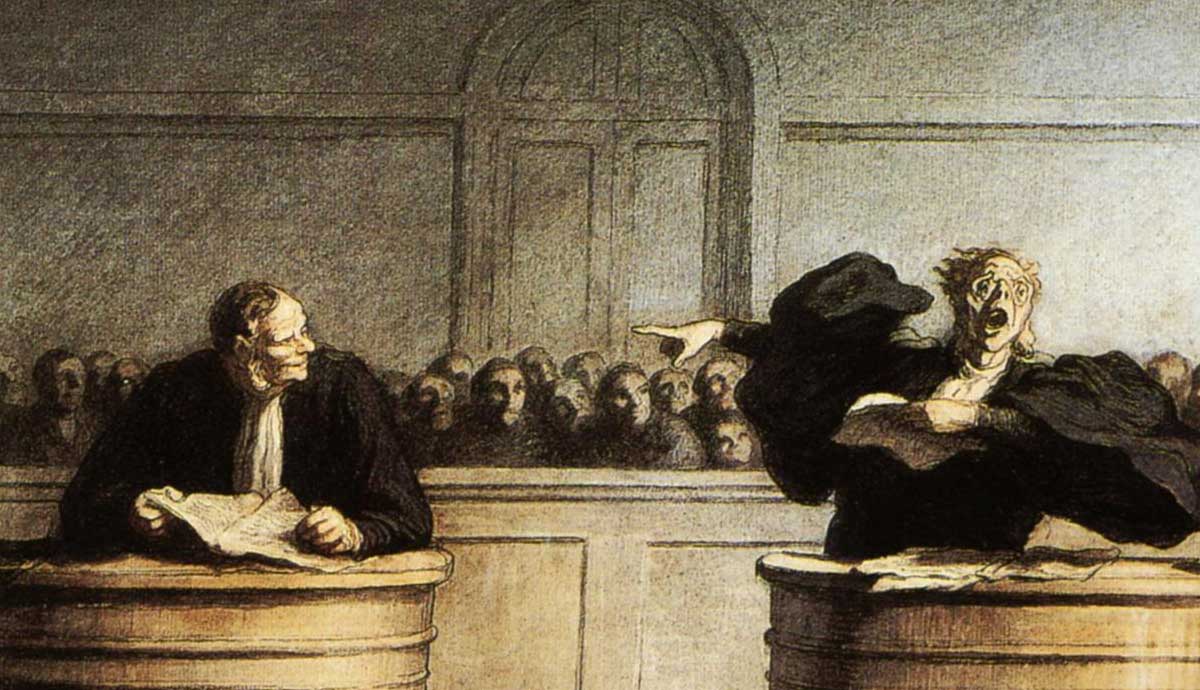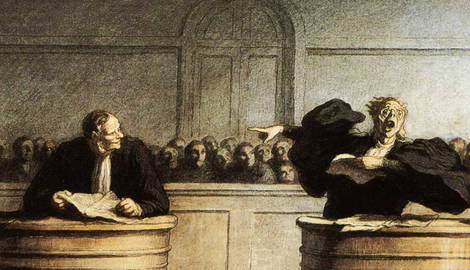
This article explores causation, and its philosophical implications. What are the difficulties posed by the problem of causation, and what are the possible solutions to this problem? Why bother to offer a philosophical account of causation in particular, when we feel like we already know what it is for one thing to cause another? This article begins with a discussion of this everyday conception of causation, moves to consider Aristotle’s view of causation, before concluding with some more modern interpretations.
Causation and Ordinary Talk

We all think we know what causation is. After all, we speak as though we do. We say that a certain thing caused another thing all the time. Sometimes we actually use the word cause, sometimes we put the point more obliquely (“and one thing led to another”), but certainly the idea of cause and effect is firmly embedded within our language.
What’s more, we tend not to limit ourselves to talking about one off events (this caused that), but we regularly talk about one things causing another a thing over and over again (this causes that). In fact, we often want to go even further than suggesting that one thing tends to lead to another thing, and to suggest that sometimes one thing always leads to the next. In other words, we tend to speak about certain things causing others as though that relationship was completely fixed. One account of the purpose of the natural sciences is to theorize these fixed, causal relationships and then demonstrate them. It still isn’t obvious what the best way of defining causation is, or even if there is a best way.
Aristotle’s Account

The first philosophical treatment of causation comes from Aristotle, and is worth saying something about both for the sake of its direct influence on later philosophical accounts of causation, and for how well it exemplifies some of the problems and permutations within the metaphysics of causation. Aristotle holds that there are four kinds of cause for a given entity. There is its material cause – the thing that it is made of. Then there is its formal cause – the form, structure or shape it takes.
Next there is its efficient cause – the thing which has changed, affected or otherwise made the object. And lastly there is the final cause – the purpose of the object. We can see that this account of causation is, at certain points, quite far from our ordinary sense of what it means for one thing to cause another, yet all of these definitions of causation are at least plausibly related to that ordinary sense. The efficient cause is probably closest to a ‘simple’ cause, but of course we can speak of causality in terms of the properties of the material of which a thing is made, in virtue of the structure which composes it, and in terms of the ultimate end for that thing.
Modern Accounts

Moving on to consider some more modern accounts of causation, there are a number of different accounts which modern day philosophers hold. Two of the most widely held are regularity and counterfactual accounts. The regularity account holds that causes (or at least a substantial number of the things we think of as causes) have to be understood as instances of a regularity which holds between one thing and another. In other words, this is an attempt to justify our sense that certain things cause certain other things, but to do so not in virtue of the underlying reality which makes the regularity manifest (or at least, not necessarily).
The counterfactual theory of causation proceeds from the observation that, what it is for one thing to have caused another, is just to say that if that first thing had not been or happened the way it did, then the second thing would not have occurred. The problem most often raised with this latter account is that of ‘overdetermination’. This is when one thing has multiple causes, such that if one cause were not to happen, then the same effect would still result.









